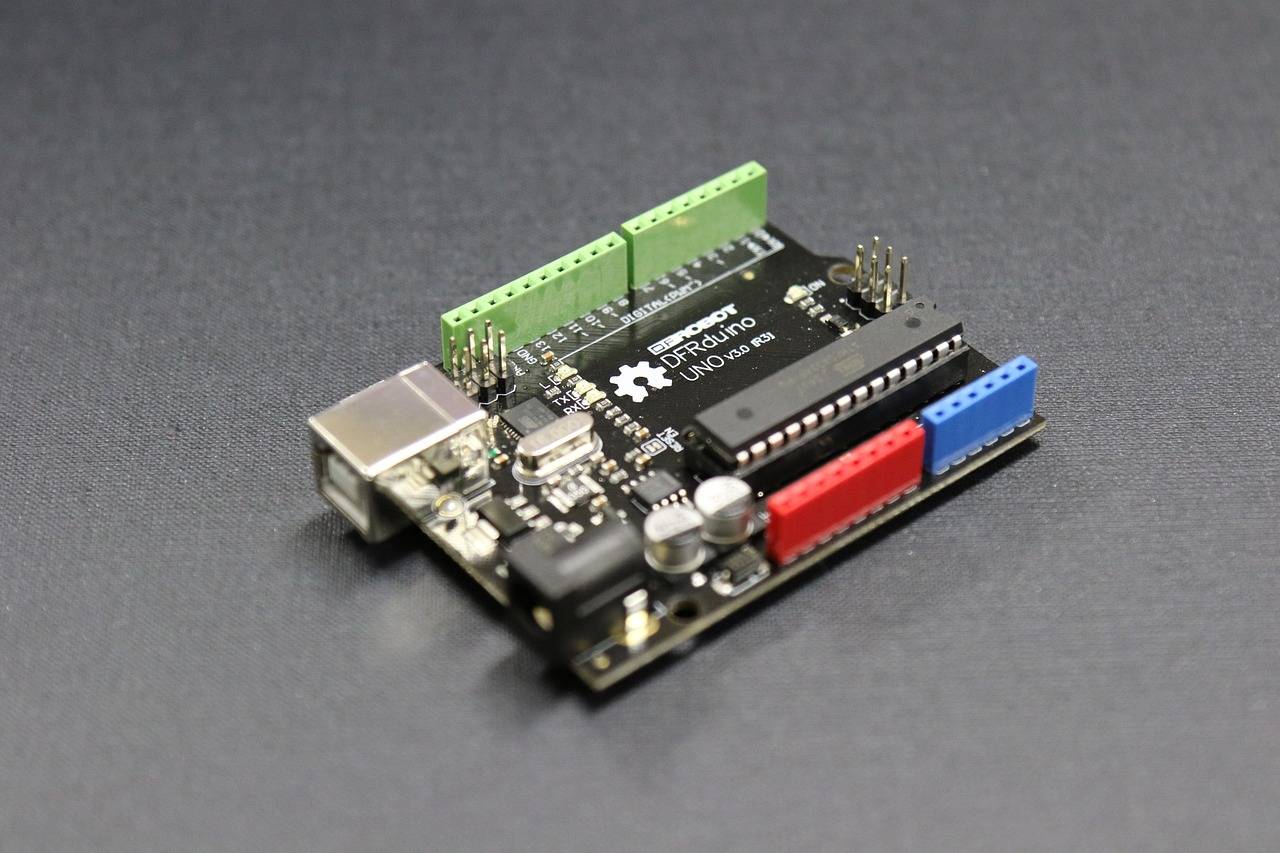Leveraging Student Data Privacy Measures in Educational Technology
Understanding and adhering to data privacy laws and regulations in education technology is essential for ensuring the protection of students’ sensitive information. These laws are designed to safeguard personal data from being exploited or misused by educational institutions or technology companies. By complying with these regulations, schools and edtech providers can establish trust with students, parents, and other stakeholders, fostering a secure environment for learning and collaboration.
In today’s digital age, where vast amounts of student data are collected and stored online, the need for robust data privacy laws in education technology has never been more critical. These regulations help prevent unauthorized access to confidential information, mitigate the risk of data breaches, and maintain the integrity of educational data. By staying informed about and implementing these laws effectively, educational institutions can prioritize the privacy and security of student data, safeguarding their rights and promoting responsible data management practices.
Understanding the Importance of Student Data Privacy
Student data privacy is a critical aspect of educational technology that deserves close attention and protection. When students engage with digital platforms and tools in the learning process, their data is collected, stored, and processed. This data may include personal information, academic records, and other sensitive details, highlighting the importance of safeguarding it from unauthorized access or misuse.
Ensuring student data privacy is not only a regulatory requirement but also a moral obligation for educational institutions and technology providers. By establishing robust data protection measures, educational stakeholders can cultivate trust with students and their families, fostering a secure and conducive learning environment. Proactive efforts to uphold data privacy principles can enhance transparency, accountability, and ultimately, the overall integrity of educational technology systems.
Implementing Strong Data Security Measures in Educational Technology
In the realm of educational technology, safeguarding student data is paramount. To ensure the protection of sensitive information, robust data security measures must be implemented. Encryption protocols should be in place to secure data transmissions and storage, preventing unauthorized access to personal details and academic records. Regular audits and vulnerability assessments can aid in identifying and rectifying potential security gaps that could compromise the integrity of student data.
In addition to encryption, access controls play a crucial role in fortifying data security in educational technology. Instituting multi-factor authentication processes can thwart unauthorized entry into systems housing student information. By limiting access based on roles and responsibilities, educational institutions can minimize the risk of internal data breaches. Additionally, maintaining updated software and promptly applying security patches are essential practices in mitigating vulnerabilities and strengthening the overall security infrastructure in educational technology.





